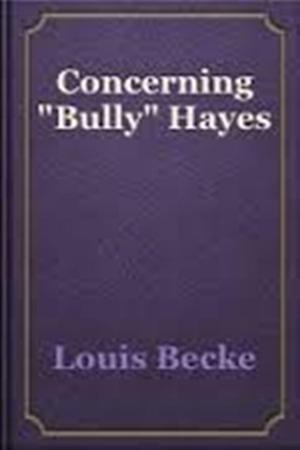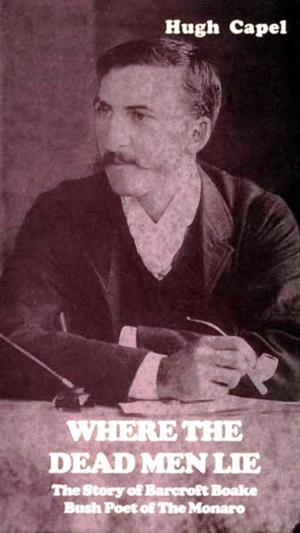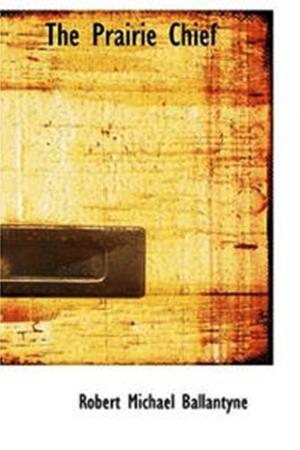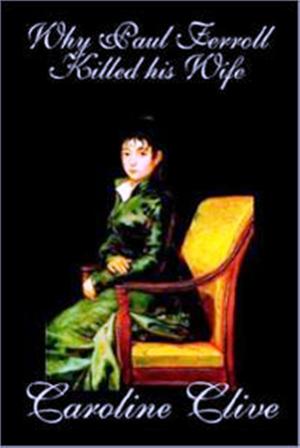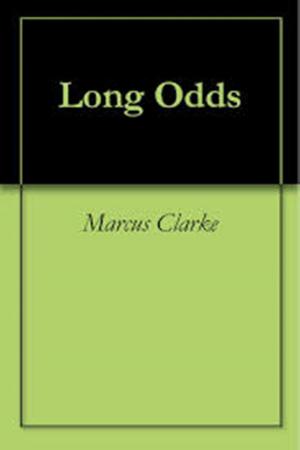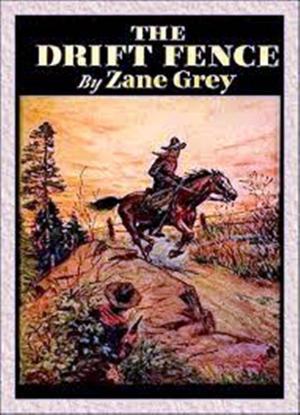| Author: | Eugene Field | ISBN: | 1230000193109 |
| Publisher: | WDS Publishing | Publication: | October 30, 2013 |
| Imprint: | Language: | English |
| Author: | Eugene Field |
| ISBN: | 1230000193109 |
| Publisher: | WDS Publishing |
| Publication: | October 30, 2013 |
| Imprint: | |
| Language: | English |
IN the reign of Egbert the Saxon there dwelt in Britain a maiden named Yseult, who was beloved of all, both for her goodness and for her beauty. But, though many a youth came wooing her, she loved Harold only, and to him she plighted her troth.
Among the other youth of whom Yseult was beloved was Alfred, and he was sore angered that Yseult showed favor to Harold, so that one day Alfred said to Harold: "Is it right that old Siegfried should come from his grave and have Yseult to wife?" Then added he, "Prithee, good sir, why do you turn so white when I speak your grandsire's name?"
Then Harold asked, "What know you of Siegfried that you taunt me? What memory of him should vex me now?"
"We know and we know," retorted Alfred. "There are some tales told us by our grandmas we have not forgot."
So ever after that Alfred's words and Alfred's bitter smile haunted Harold by day and night.
Harold's grandsire, Siegfried the Teuton, had been a man of cruel violence. The legend said that a curse rested upon him, and that at certain times he was possessed of an evil spirit that wreaked its fury on mankind. But Siegfried had been dead full many years, and there was naught to mind the world of him save the legend and a cunning-wrought spear which he had from Brunehilde, the witch. This spear was such a weapon that it never lost its brightness, nor had its point been blunted. It hung in Harold's chamber, and it was the marvel among weapons of that time.
Yseult knew that Alfred loved her, but she did not know of the bitter words which Alfred had spoken to Harold. Her love for Harold was perfect in its trust and gentleness. But Alfred had hit the truth: the curse of old Siegfried was upon Harold--slumbering a century, it had awakened in the blood of the grandson, and Harold knew the curse that was upon him, and it was this that seemed to stand between him and Yseult. But love is stronger than all else, and Harold loved.
Harold did not tell Yseult of the curse that was upon him, for he feared that she would not love him if she knew. Whensoever he felt the fire of the curse burning in his veins he would say to her, "To-morrow I hunt the wild boar in the uttermost forest," or, "Next week I go stag-stalking among the distant northern hills." Even so it was that he ever made good excuse for his absence, and Yseult thought no evil things, for she was trustful; ay though he went many times away and was long gone, Yseult suspected no wrong. So none beheld Harold when the curse was upon him in its violence.
Alfred alone bethought himself of evil things. "'Tis passing strange," quoth he, "that ever and anon this gallant lover should quit our company and betake himself whither none knoweth. In sooth 't will be well to have an eye on old Siegfried's grandson."
Harold knew that Alfred watched him zealously and he was tormented by a constant fear that Alfred would discover the curse that was on him; but what gave him greater anguish was the fear that mayhap at some moment when he was in Yseult's presence, the curse would seize upon him and cause him to do great evil unto her, whereby she would be destroyed or her love for him would be undone forever. So Harold lived in terror, feeling that his love was hopeless, yet knowing not how to combat it.
Now, it befell in those times that the country round about was ravaged of a werewolf, a creature that was feared by all men howe'er so valorous. This werewolf was by day a man, but by night a wolf given to ravage and to slaughter, and having a charmed life against which no human agency availed aught.
IN the reign of Egbert the Saxon there dwelt in Britain a maiden named Yseult, who was beloved of all, both for her goodness and for her beauty. But, though many a youth came wooing her, she loved Harold only, and to him she plighted her troth.
Among the other youth of whom Yseult was beloved was Alfred, and he was sore angered that Yseult showed favor to Harold, so that one day Alfred said to Harold: "Is it right that old Siegfried should come from his grave and have Yseult to wife?" Then added he, "Prithee, good sir, why do you turn so white when I speak your grandsire's name?"
Then Harold asked, "What know you of Siegfried that you taunt me? What memory of him should vex me now?"
"We know and we know," retorted Alfred. "There are some tales told us by our grandmas we have not forgot."
So ever after that Alfred's words and Alfred's bitter smile haunted Harold by day and night.
Harold's grandsire, Siegfried the Teuton, had been a man of cruel violence. The legend said that a curse rested upon him, and that at certain times he was possessed of an evil spirit that wreaked its fury on mankind. But Siegfried had been dead full many years, and there was naught to mind the world of him save the legend and a cunning-wrought spear which he had from Brunehilde, the witch. This spear was such a weapon that it never lost its brightness, nor had its point been blunted. It hung in Harold's chamber, and it was the marvel among weapons of that time.
Yseult knew that Alfred loved her, but she did not know of the bitter words which Alfred had spoken to Harold. Her love for Harold was perfect in its trust and gentleness. But Alfred had hit the truth: the curse of old Siegfried was upon Harold--slumbering a century, it had awakened in the blood of the grandson, and Harold knew the curse that was upon him, and it was this that seemed to stand between him and Yseult. But love is stronger than all else, and Harold loved.
Harold did not tell Yseult of the curse that was upon him, for he feared that she would not love him if she knew. Whensoever he felt the fire of the curse burning in his veins he would say to her, "To-morrow I hunt the wild boar in the uttermost forest," or, "Next week I go stag-stalking among the distant northern hills." Even so it was that he ever made good excuse for his absence, and Yseult thought no evil things, for she was trustful; ay though he went many times away and was long gone, Yseult suspected no wrong. So none beheld Harold when the curse was upon him in its violence.
Alfred alone bethought himself of evil things. "'Tis passing strange," quoth he, "that ever and anon this gallant lover should quit our company and betake himself whither none knoweth. In sooth 't will be well to have an eye on old Siegfried's grandson."
Harold knew that Alfred watched him zealously and he was tormented by a constant fear that Alfred would discover the curse that was on him; but what gave him greater anguish was the fear that mayhap at some moment when he was in Yseult's presence, the curse would seize upon him and cause him to do great evil unto her, whereby she would be destroyed or her love for him would be undone forever. So Harold lived in terror, feeling that his love was hopeless, yet knowing not how to combat it.
Now, it befell in those times that the country round about was ravaged of a werewolf, a creature that was feared by all men howe'er so valorous. This werewolf was by day a man, but by night a wolf given to ravage and to slaughter, and having a charmed life against which no human agency availed aught.

